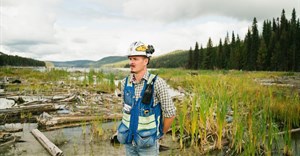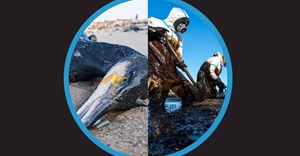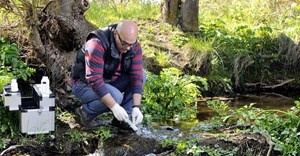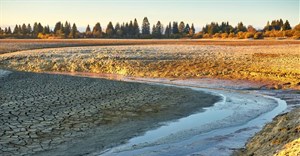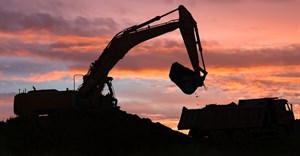Are first world laws stunting SA's mining growth?
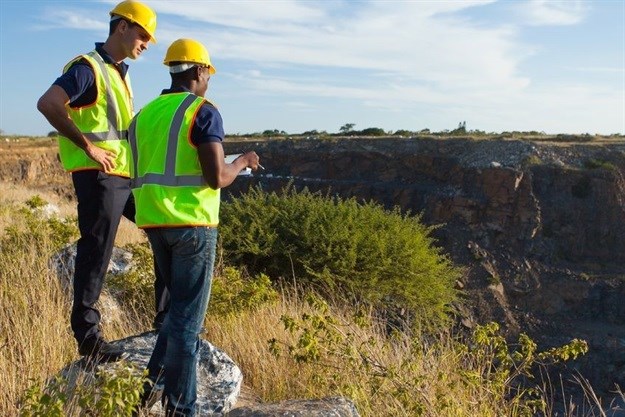
One of the solutions recommended for possible growth of the mining industry is further exploration and expansion of the beneficiation sector, however this is beyond the scope of this article. Another suggestion is for the country to reconsider the current legal regulatory framework applicable to the mining industry. Under the current legal system, mining title applicants and holders in South Africa have to face additional obstacles caused by the implementation and enforcement of so-called ‘first world country laws’ from the environmental authorities. Although these laws are well-meaning and even necessary for the protection of the environment, one has to consider whether a developing country like South Africa can afford to delay and halt mining projects in the name of environmental protection.
For instance, environmental impact assessments (“EIAs”) have been embraced by the global community since their early roots in United States in 1966. Indeed, EIAs are now universally recognised as “a key instrument for environmental management, firmly embedded in domestic and international law”. They have been recognized in a large number of international conventions, protocols and agreements. South Africa is one of 191 United Nations member states that have some form of formal process to evaluate the consequences of a proposed development on the environment.
One Environment System
The National Environmental Management Act, 1998 (“NEMA”) regulates all environmental matters and provides for environmental protection and conservation in South Africa. In the past few years, amendments have been made to NEMA and the Mineral and Petroleum Resources Development Act, 2002 to ensure that all environmental-related aspects of mining are regulated by NEMA. This has been widely hailed as the “One Environment System”.
Section 24(2) of NEMA empowers the Minister of Environmental Affairs to list activities which may not commence without an environmental authorisation. These are activities which have significant impacts on the environment. These listed activities have been published as Listing Notices 1, 2 and 3 of Government Gazette 38282 on 4 December 2014. The Minister also published a set of environmental impact assessment regulations to accompany the three Listing Notices (the “EIA Regulations”). The EIA Regulations provide for two processes to be undertaken depending on the significance of the environmental impact of the specific listed activity, namely: a shorter basic assessment process and a lengthier full environmental impact assessment process and the completion of a scoping report.
Applicants for prospecting rights and mining permits are required to undertake a basic assessment process and applicants for mining rights are required to undertake a full EIA and scoping process. A basic assessment process typically takes approximately six months to complete.
As part of the EIA process, a number of specialist studies must be undertaken. These studies typically take environmental assessment practitioners approximately 6 to 18 months to compile and finalise. This in effect means that mining projects in South Africa may have to wait 18 months (and possibly longer where the authorities request additional studies to be undertaken) for the completion of the EIA process and the granting of an environmental authorisation prior to commencement with mine development. This is without considering the likely requirement of other environmental licences, consents and permits under other specific environmental management Acts.
Regional assessments
The mining industry, which also comprises junior and small-scale miners, cannot afford such delays. Particularly in a developing country such as South Africa. Environmental authorities should consider revising the EIA provisions to provide for regional environmental impact assessments (“REIAs”) which would prevent mining projects in the same area from having to undertake separate studies over the same geographical area containing the same (and sometimes conflicting) information. This will effectively reduce the amount of time spent by potential entrants to the mining industry when undertaking EIAs and thus, simplify the application process for environmental authorisations for mining companies. Implementing REIAs will also ensure that the information presented to the environmental authorities regarding a particular mining area is consistent and accurate.
In turn, this will allow for easier entrance into the mining sector for new miners, including junior miners, and potentially contribute to further stimulating growth of SA’s mining sector.







